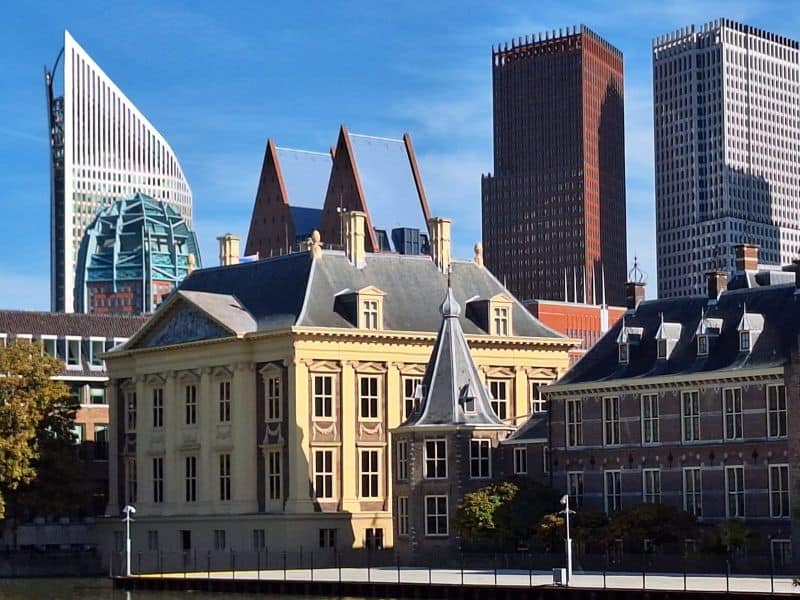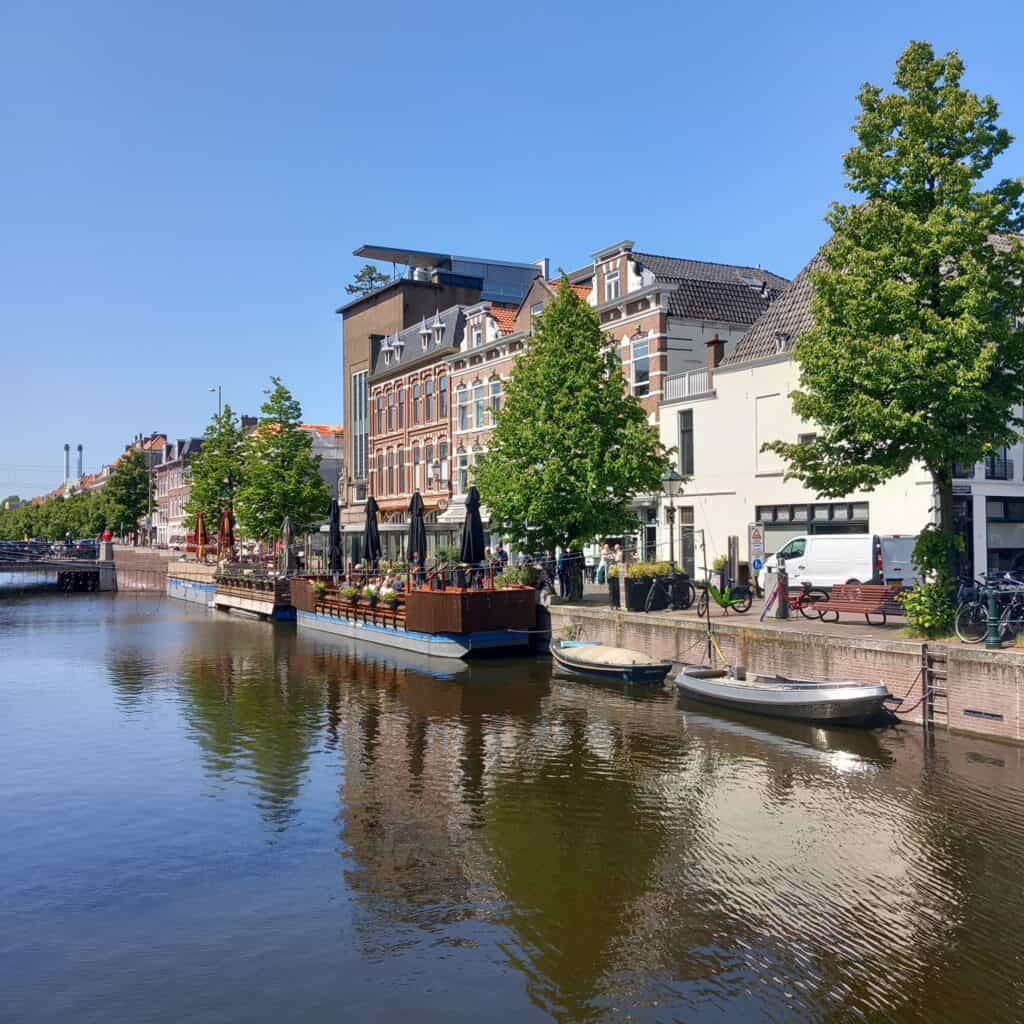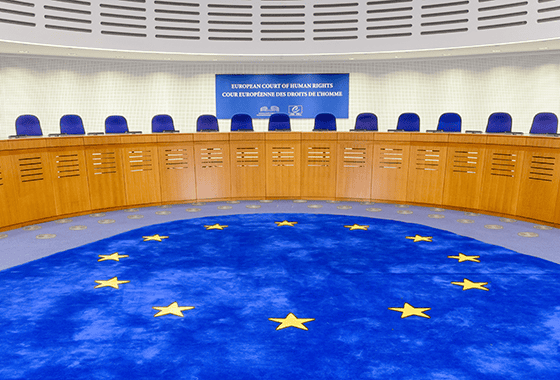
By ATHENA MARKIDES
Earlier this year, I was asked whether I would like to attend the European Circuit’s annual conference on behalf of the Young Barristers’ Committee.
It was a tempting prospect.
I have long had an interest in EU law. The opportunity to visit Dublin and watch a line-up of EU law heavyweights discussing the most important developments of the day (or indeed of the decade) seemed too good to miss. Plus, attendees were being offered the opportunity to tour local courts, with the entire conference being rounded off with dinner at the Honourable Society of King’s Inns. I had never been to Dublin before, and this seemed as good a time as any to head over. So I agreed.
“Great,” I was told. “Oh and by the way, we want you to give a short talk. Something about the challenges for juniors looking to develop an international practice. That’s all right, isn’t it?”
As a very junior barrister with a common law and commercial practice, I felt well equipped to discuss those challenges. More difficult, however, would be any discussion regarding achievements. Yes, I have an LLM and a keen interest in EU law. Like many others, my practice includes some elements of ‘proper’ international work – advising on conflicts of laws and involvement in a couple of international arbitrations – but I’d still be an obvious outsider, wouldn’t I?
I needn’t have worried – I had a fantastic time.
Conference organiser, Gerard McDermott QC, was the first to put me at ease, telling me how he had successfully incorporated international elements into his personal injury practice. This wasn’t something which had been handed to him on a plate by his Chambers (in fact it hadn’t even been on the menu); he had identified this as an area of particular interest and then worked solidly to turn it into a cornerstone of his practice.
This was a theme which resonated throughout the conference. Covering an enormous range of topics – from court reform across Europe, to cross-border traffic accidents, appellate advocacy in the US, and a perspective from the Irish judiciary – the conference well-illustrated the international elements relevant to a range of practice areas. The conference organisers also had at least one eye firmly on the future, with talks about the online court and the increasing use of technology in dispute resolution.
But above all, this conference stood out because of the community which attended it: friendly, welcoming and very interesting. In common with the best smaller conferences, attendees left buzzing with ideas and information (and probably champagne too…) but also with the sense that foundations had been laid for potential future friendships as well as working relationships.
The European Circuit aims to support and facilitate the exchange of experience among lawyers with a cross-border practice. And the conference absolutely achieved that aim. It was fascinating to compare my own experiences as a junior barrister with those of juniors from the Northern Irish and Republic of Ireland bars. My contemporaries and I may have concerns about attracting work, pleasing our clerks and getting paid on time, but this is nothing to the experience of our self-clerking counterparts across the Irish Sea.
The conference was also attended by a contingent from the American Counsel Association and I had a great time learning more about US insurance law, the American judiciary and how juries are used to set damages in civil trials in Connecticut.
And this fed into yet another broad theme: that of openness, awareness and of a willingness to embrace progress. Our domestic legal system is on the brink of significant change. Brexit is an obvious but not exclusive harbinger of a new order: the Joint Vision Statement produced by the Lord Chancellor, Lord Chief Justice and Senior President of Tribunals this September is a radical manifesto on any account.
It is at times like these that I think all practitioners benefit from an appreciation of the range of dispute resolution mechanisms which are out there and operational across the world. In terms of personal and career development it is obviously vital to be open-minded but also well-informed. For the young practitioner, conferences like this one offer a great chance to meet like-minded (and often better-minded) people, to hear about their experiences in work and in life more generally and to gain a broader perspective.
All in all, the conference was a terrific two-day event. It has galvanised me to get more involved with the Circuit and to keep developing the international elements of my practice. I also found the conference happily uplifting. At a time when people may be feeling less international and more divided, it was a striking reminder that we can and do benefit from an international outlook.
If you are interested in becoming a member of the European Circuit, please do not hesitate to contact me at [email protected] The next annual conference will take place in Brussels – look out for details on the European Circuit’s website https://www.europeancircuit.com/




